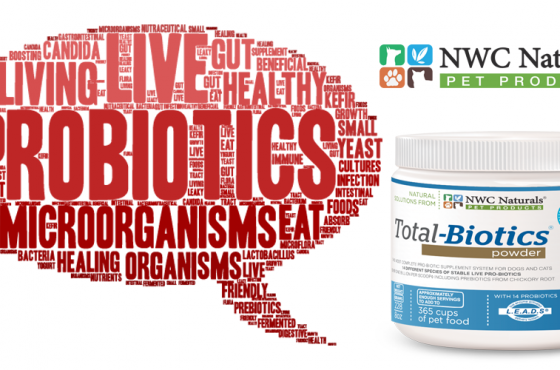New study shows association between low vitamin D levels and COVID-19 cases
A new study published in the journal Aging Clinical and Experimental Research shows there is “an association between low average levels of vitamin D and high numbers of COVID-19 cases and mortality rates across 20 European countries.” The research was led by Dr Lee Smith of Anglia Ruskin University (ARU) and Mr Petre Cristian Ilie, lead urologist of Queen Elizabeth Hospital King’s Lynn NHS Foundation Trust. Information about the study has also been published on popular news programs such as Good Morning America.
Dr Lee Smith, Reader in Physical Activity and Public Health at Anglia Ruskin University, said regarding the study:
“We found a significant crude relationship between average vitamin D levels and the number COVID-19 cases, and particularly COVID-19 mortality rates, per head of population across the 20 European countries. Vitamin D has been shown to protect against acute respiratory infections, and older adults, the group most deficient in vitamin D, are also the ones most seriously affected by COVID-19. A previous study found that 75% of people in institutions, such as hospitals and care homes, were severely deficient in vitamin D. We suggest it would be advisable to perform dedicated studies looking at vitamin D levels in COVID-19 patients with different degrees of disease severity.” -ARU
The study revealed that of the 20 European countries, people in Italy and Spain had the lowest vitamin D levels, and the highest number of COVID-19 cases. In northern Europe, people in Scandinavian countries had much higher levels of vitamin D due to “the consumption of cod liver oil and vitamin D supplements”, and fewer cases of COVID-19. Read the full article here.
How to increase vitamin D levels naturally
Salmon – Salmon is one of the best food-sources of vitamin D, containing a whopping 1,000 to 1,300 IU of vitamin D per serving!
Canned tuna – Canned tuna is easy to store and stock up on, cheaper than fresh fish, and contains an average of 270 IU of vitamin D per serving.
Egg yolks – While egg whites are known for being high in protein, egg yolks are packed full of fats, vitamins, and minerals – including an average of 37 IU of vitamin D per yolk.
Mushrooms – While animal-based foods are great sources of vitamin D3, mushrooms are one of the only plant-based foods that contain vitamin D2. Since many commercially grown mushrooms are grown in the dark, they will not contain vitamin D. Only wild mushrooms or mushrooms treated with UV light will contain good sources of vitamin D.
Fortified foods – If you eat a mostly plant-based diet try adding fortified foods to your diet. Many foods like milk, orange juice, and cereals are fortified with vitamin D.
Sunshine – Besides good nutrition, the best way to get vitamin D is to spent time in the sun for 10-30 minutes, preferably at midday, a few times a week.



